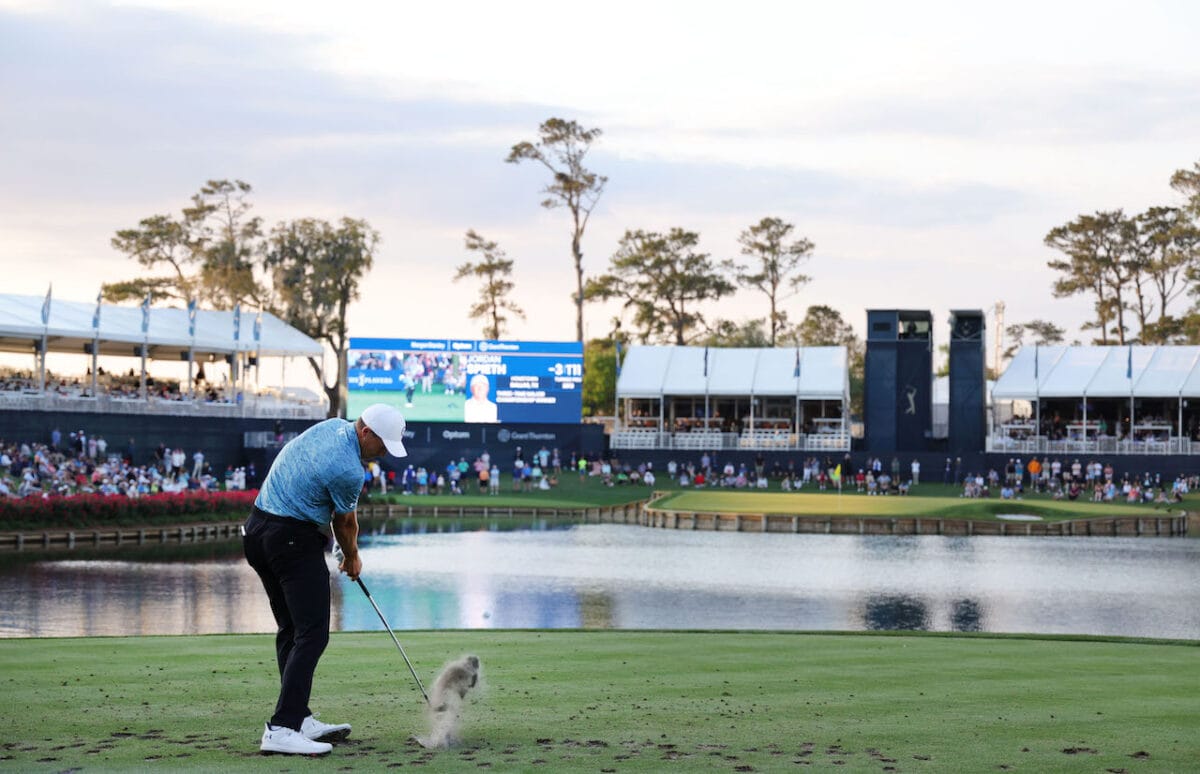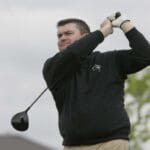‘How A Short Par-3 Near The End Of A Golf Course, Research Reveals Can Bring Hope To A Broken Round’ with thanks to Stephen Smith, The Fairway Physician
Strokeplay golf is tough. It is incredibly easy for the wheels to come off early and then it is going to be a long day. The golfer has nothing left to play for but pride, but will their golf course design allow them to enjoy it? Will it give them hope?
PSYenz, a specialist division of Sport Psychology Ltd has been researching the golf course experience for nearly 20 years, applying techniques first developed by organisations like NASA to understand human interaction with their environment.
In this research it has become very clear that for the average golfer there is a very high probability that they will have one big blowout score or a few bad holes that means they have no chance of getting close to their handicap.
This is incredibly deflating and can ruin the day of even the most happy-go- lucky personality. Given that only 2% of golfers can regularly break 80 this is a feeling most know all about. The average player struggles with the consistency needed to card a good medal/stroke-play round.
However, not is all lost in terms of recreating that spark and passion when the overall score is gone. In our research PSYenz noted that some golfers were more resilient than others when their round collapsed. They were able to keep
on going with a spring in their step when others trudged slowly towards the end of their torment.
On inspection of the data the neuroscientists at PSYenz discovered it had nothing to do with those players possessing some inner core of steel that us lesser mortals do not have. Instead, it was all to do with the course design and its emotional impact on the mindset of those golfers.
The key difference here was that they played on a course that had a short par 3 (139 yards or less) as either the 16th or 17th hole, with the 17th being much better than 16th in terms of the effect.
No matter how high the handicap most golfers can reach these distances off the tee. Every golfer knows they can produce one good swing, and that is all that is needed on a wee par 3 to get them into a position to nail a putt for a birdie 2.
Getting a gross birdie is always a joy, especially if you are in a club sweep for the pot as many golf clubs, societies and buddy group swindles run. You may ask if a short par 5 or Par 4 has the same impact? The answer is no.
For the average player they know they have got one good swing in the bag but they are not as confident that have two or three in a row which would be needed on the par 4 and Par 5 designs.
Only the short par 3 in the finishing holes has the ability to create the hope that is needed to rescue a broken round. They say that hope dies last but it certainly will if the golf course design has a long hard finish. Creating that reachable for everyone, one shot par 3 in those finishing holes gives everyone something to play for right up to the end.
For courses that want to deliver a great golf experience and ensure their members/visitors leave wanting to come back for more, PSYenz strongly recommends putting a short par 3 hole in as the 17th.
PS short does not mean easy, take The Postage Stamp at Royal Troon (hole 8) or the 7th at Pebble Beach – both just mere flicks for many but still incredibly tough. What makes them tantalising is the fact that they are well within the range of the average player. They always create huge psychological anticipation and hope in the minds of every golfer no matter what their handicap.
With a short par 3 at the end the course designer can ensure that the power of hope to create joy in the game does not die early in the round.
Stephen Smith, The Fairway Physician
Independent Scientific Advisor to the Department of Culture, Media & Sport,
UK Govt.
For further details contact- Email: info@psyenz.org
Mobile: +44 (0)7806 794 527; Twitter: @Stephenpsych























Leave a comment